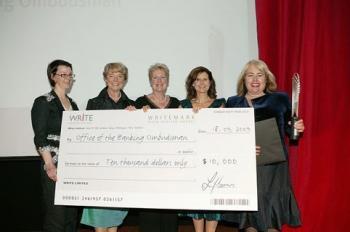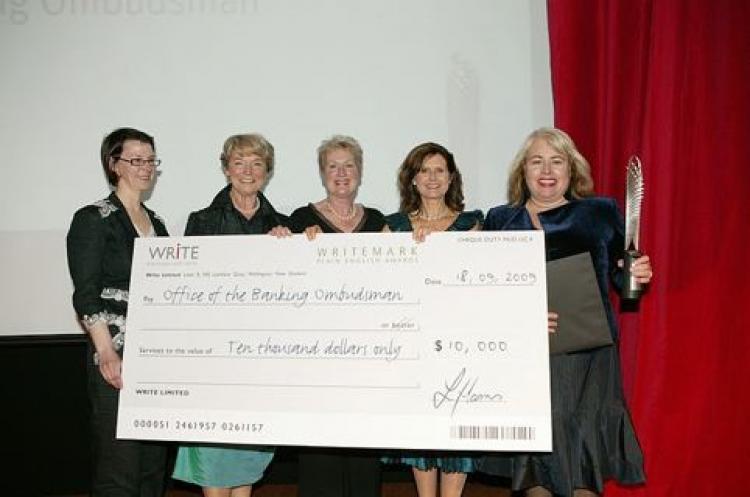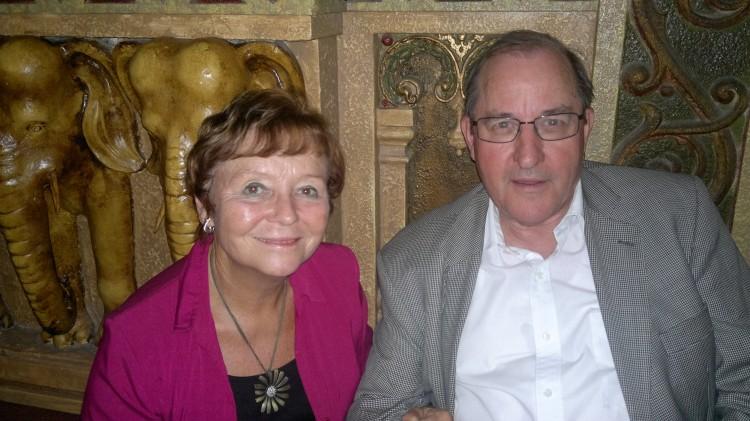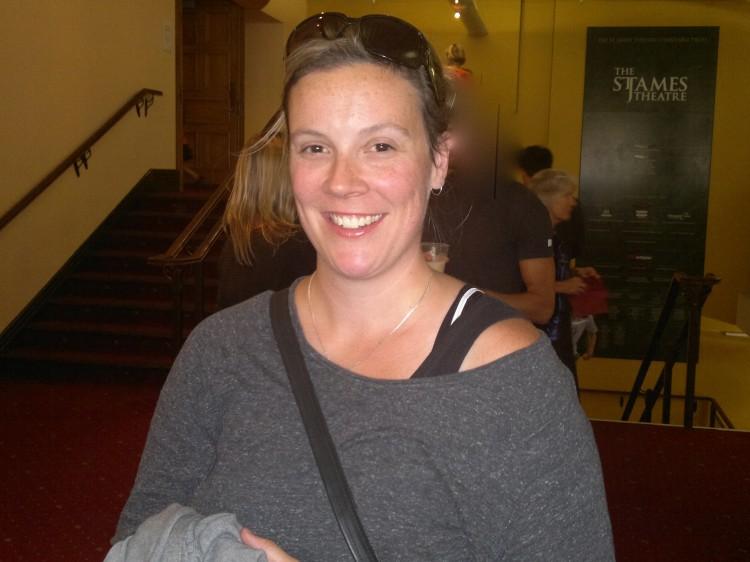Everyone wins, says Lynda Harris, Founder of WriteMark, chief sponsor of the ‘Plain English’ awards, an event that honours organisations and individuals who provide websites, documents and communications that make life easier and more satisfying for its users.
Badly worded documents leave people dismayed and confused—something the staff from WriteMark have learned through their own experience in working with government departments and businesses.
“The idea behind the awards was to create a ‘not for profit’ event that would throw the spotlight on the desperate need for clear communication in both government and in business and to do that by honouring the people who were already trying,” said Ms Harris.
“Everybody was thrilled,” Susan Taylor said when last year’s Plain English Champion award went to the Office of the Banking Ombudsman.
“We believe that our more legal documents, such as our decisions, are a lot easier to read and understand for the average person,” explained the Deputy Banking Ombudsman.
“We want to be accessible to the public and one way of making yourself accessible is using plain English so people know what you are all about.”
Ordinary people can express their feelings in the “People’s Choice” category which allows them to nominate organisations that have provided clear information.
Brainstrain Awards
Members of the public can also nominate organisations who have produced bad documents that have either frustrated or disadvantaged them.
“Some people get very upset when they find out they have been nominated for a “Brainstrain” award, some just ignore it … some have stood up and have taken it on the chin and have done something about it and of course that’s the sort of result we want,” says Ms Harris.
Accident Compensation Corporation (ACC) was nominated in 2008 for it’s ‘Brainstrain’ website.
The Ministry of Education fell into the ‘Brainstrain’ category for “extremely difficult to understand” documentation that had gone out to parents with school reports—“to explain the process that had been used for parts of the reports”.
The ‘Brainstrain’ experience appeared sufficient motivation for both organisations to make changes that earned them awards the following year.
The awards will be judged by a panel of local and international plain English professionals and winners will be announced on 3 September at a ceremony at the Beehive, hosted by Hon. Christopher Finlayson, Minister of Arts, Culture and Heritage. Entries for awards close 5 July 2010.





